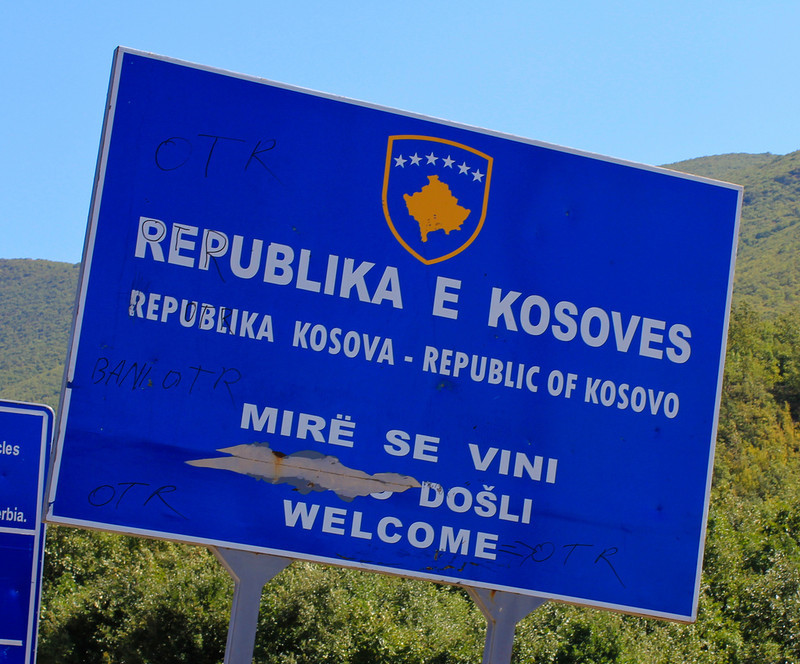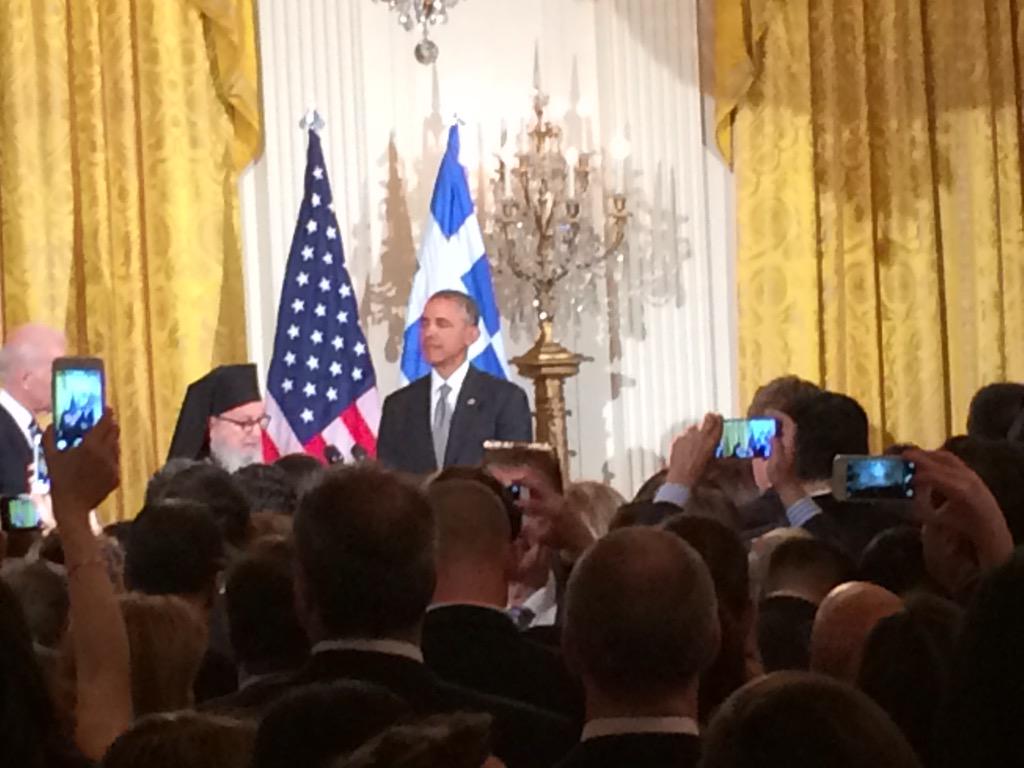Summary
Russia is making a concerted effort to increase its military and
security presence throughout Central Asia, just not for the reasons it
would have you think. Though the Kremlin is concerned with the threat of
spillover violence from Islamist militancy in Afghanistan — its
purported motive for deploying more troops — it is far more alarmed by
what it sees as Chinese and Western encroachment into lands over which
it has long held sway. It is this concern that will shape Moscow's
behavior in Central Asia in the years to come.
Analysis
Central Asia has played an important role in the projection of
Russian military power since the Russian Empire's expansion in the 18th
and 19th centuries. During this period, Russia established military
outposts as it competed with the British Empire for influence in the
region. By the mid-19th century, Russia had brought modern-day
Kazakhstan, Uzbekistan, Turkmenistan, Kyrgyzstan and Tajikistan into its
empire. In the early 20th century, the countries were incorporated into
the Soviet Union.
After the collapse of the Soviet Union, Russia retained a military
presence in Central Asia and played a major role in regional conflicts,
such as the 1992-1997 Tajik civil war. Today Russia still has military
bases in Kyrgyzstan and Tajikistan. Kazakhstan is a member of the
Collective Security Treaty Organization,
a military bloc dominated by Moscow. And while Uzbekistan and
Turkmenistan are not members of the bloc, they do have important
security and military ties with Russia through arms purchases.
Concerns of Militancy
Russia's long-standing influence in Central Asian military affairs
frames several of the country's recent moves. On April 2, the base
commander of Russia's 201st military base in Tajikistan said Russia
would increase the number of troops stationed there from 5,900 to 9,000
over the next five years and add more military equipment through 2020.
Then on April 3 an unnamed source in the General Staff of the Russian
armed forces told Kommersant that Russia was prepared to grant
Tajikistan $1.2 billion in military aid over the next few years. Russian
military specialists were reportedly dispatched to Turkmenistan's
border with Afghanistan on March 24 as well. Turkmen officials have yet
to confirm this, but local media report that Ashgabat requested Russian
assistance to protect the Afghan border.

Officially, these developments are tied to growing concern over
violence spilling over from
Afghanistan into Central Asia. It is a legitimate fear for many Central
Asian governments as NATO and the United States draw down their forces
in Afghanistan. Regional governments have voiced discomfort with the
increased militant presence in northern Afghanistan, including the
Taliban and the
Islamic State.
Russia has echoed this fear. Russian President Vladimir Putin's
special representative for Afghanistan alleged that Islamic State
fighters in the north are training thousands of militants near the
Tajikistan and Turkmenistan borders. Collective Security Treaty
Organization summits have focused on the issue, and Tajikistan urged the
bloc to do more to counter the threat at the April 1-2 Dushanbe summit.
Despite a definite uptick in militant attacks in northern
Afghanistan, no concrete evidence has emerged of attacks over the border
in Central Asian states. Central Asia's last major wave of regionwide
militancy was 1999-2001, when the
Islamic Movement of Uzbekistan
conducted attacks in the Fergana Valley in Tajikistan, Kyrgyzstan and
Uzbekistan. The U.S. intervention in Afghanistan following 9/11,
however, wiped out much of the group. Surviving elements then dispersed
throughout the Afghanistan-Pakistan border area.
Since then, Uzbekistan, Tajikistan and Kazakhstan have seen some
attacks by Islamist militants. But many were related to political
dynamics, not the movement in Afghanistan. A spillover of Afghan
militancy is possible, but so far the threat is minimal.
More Pertinent Factors
Because Islamist spillover from northern Afghanistan is still a
relatively minor threat, Russia's push into Central Asia may have other
motivations. Moscow is engaged in a tense standoff with the West over
Ukraine, just one theater in the competition for
influence along the former Soviet periphery. Central Asia is
another key region
in this contest. The region possesses sizable oil and natural gas
resources that are attractive to the European Union as it seeks to
diversify energy supplies and end its dependence on Russia. Europe has
already pursued Turkmenistan to join the
Trans-Caspian pipeline project.
The United States has also been active in Central Asia, particularly
from a security standpoint. The United States no longer uses Central
Asian military bases that had been logistical centers for operations in
Afghanistan, such as the Kant Air Base in Kyrgyzstan or the
Karshi-Khanabad Air Base in Uzbekistan. These bases, however, have left a
regional legacy. Washington maintains some security operations that
include counternarcotics training with Kyrgyzstan and Tajikistan.
The United States has also expressed interest in increasing its
commitment. The commander of U.S. Central Command, Gen. Lloyd Austin,
said the United States was willing to provide military equipment and
technology to support Turkmenistan's efforts to secure its border with
Afghanistan. The United States also announced in January that it would
grant over 200 Mine Resistant Ambush Protected vehicles to Uzbekistan
previously used in the U.S. Northern Distribution Network in
Afghanistan. Such gestures point to a U.S. desire to develop more
cooperative security relationships with Central Asian states.
Moscow's military and security expansion efforts stem partly from its
concern about these gestures. But Russia has not limited itself to
deploying military personnel. Moscow has expanded the scope and
membership of its
Eurasian Union
to include broader cooperation on issues including border controls.
Kazakhstan is already a member, and Kyrgyzstan will soon join. Russia
increased the number of exercises held by Collective Security Treaty
Organization members. It also called on Uzbekistan and Turkmenistan to
cooperate more with the security bloc, though both have been hesitant.
However, Moscow's ability to solidify its position in Central Asia
will be limited. Russia has a weak economy. Already, many Central Asian
migrants who once worked in Russia have left, causing a decline in
Russian remittances to the region. The West, and particularly the United
States, will continue to have influence in the region. China, too, will
continue to make
economic and energy inroads.
Meanwhile, instability in the region will probably increase.
Kazakhstan and Uzbekistan both have potential succession crises in the
offing. Moreover, demographic growth and competition over water
resources are likely to threaten the region's security. Russia will see
its position in Central Asia tested in the coming years. Islamist
militancy is just one concern among many for Moscow and Central Asian
governments.






